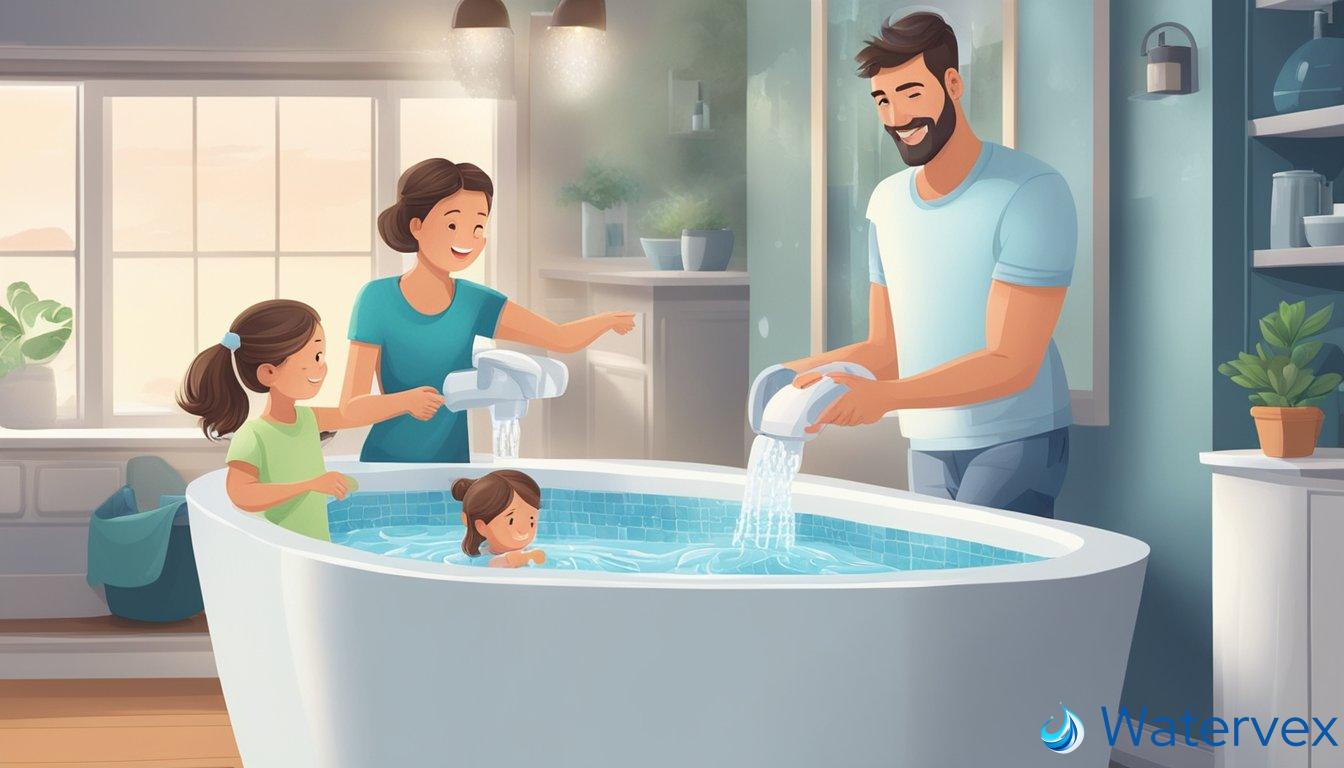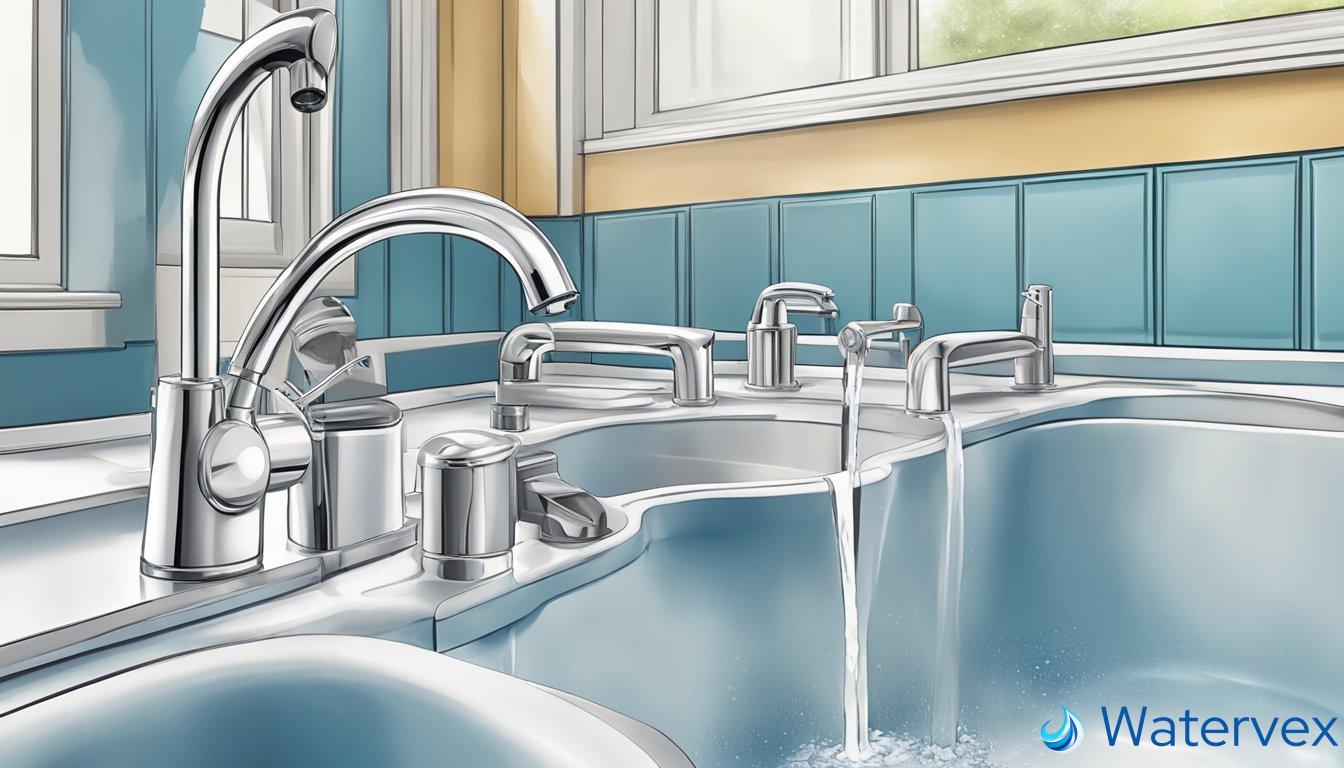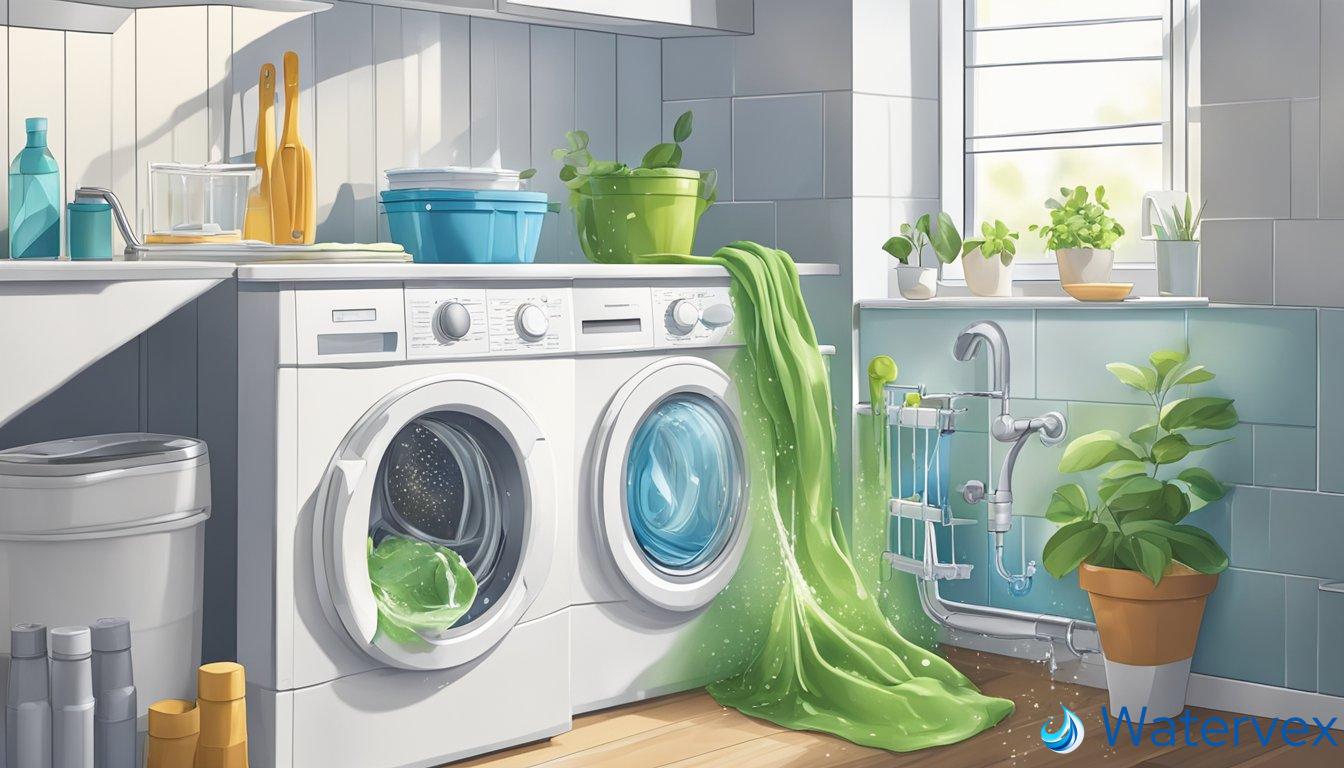In the UK, the hardness of water varies by region, often leaving homeowners grappling with the dilemma of how to best manage their household water supply. Water softeners are devices designed to reduce water hardness by removing minerals like calcium and magnesium, which are responsible for the formation of limescale. This ion exchange process can not only prolong the lifespan of home appliances but also transform your daily water usage.

But it’s not all smooth sailing. While soft water can make your clothes brighter and your skin look healthy, the ion exchange water softeners require regular maintenance, including salt replenishment, which might not be ideal for every household. It’s about weighing what works best for your home, considering factors like water quality, initial investment, and the ongoing costs associated with the softer water you enjoy. Understanding both the advantages and potential drawbacks is crucial for homeowners in the UK contemplating the installment of a water softener system.
Key Takeaways
- Water softeners tackle hard water issues, enhancing household water quality.
- Maintenance and associated costs are important considerations for softeners.
- The ion exchange process enables better appliance longevity and performance.
What Are the Benefits of Using a Water Softener in the UK?
Softened water can make a significant impact on your home and quality of life. By installing a water softener, you not only improve the taste of your drinking water but also safequard the longevity of your appliances.
- Appliance Lifespan: Your water heater, kettles, taps, and shower heads are prone to limescale build-up, which a water softener actively prevents, enhancing their efficiency and lifespan.
- Cleaning Efficacy: When it comes to cleaning, both your detergents and soaps will lather more easily and be more effective, resulting in savings as you’ll need to use less.
In regions with hard water, you might find that your laundry is not as soft or clean as you’d like. Softened water can make a difference, leaving clothes feeling softer and extending their wear. Your skin may also thank you, as many individuals report a noticeable difference in skin health when bathing with softened water.
Efficiency does not just stop at appliances or cleaning. The very plumbing of your home will function better without the impediment of mineral deposits. This means fewer blockages and a reduced need for maintenance.
Remember, while the pros of water softeners are compelling, understanding the full pros and cons is vital for making an informed decision that meets your family’s needs and the specific water conditions in your area.
What Drawbacks Should UK Residents Consider Before Installing a Water Softener?

If you’re contemplating a water softener for your home in the UK, it’s essential to weigh the cons along with the potential benefits. Here’s what to think about:
Upfront Cost: The initial investment is significant. You’re not just buying the unit; installation can also hit your pocket. Check your budget before committing.
Maintenance: Like any household addition, a water softener needs regular upkeep. From buying salt to scheduling checks, ensure you’re ready for the long haul.
Space: These units require a dedicated space. If your home is on the cosy side, you might be giving up precious cupboard area.
Sodium Ion Exchange: The common processing method for softening water involves swapping minerals for sodium ions which can slightly increase the sodium in your water. Not ideal if you’re managing conditions like high blood pressure.
Water Quality: If you appreciate the taste of your current tap water, the change post-softener may catch your palate off guard.
Environmental Considerations: While water quality improvements are a tangible benefit, increased sodium in waste water is not favoured in environmental circles.
Each of these points requires consideration. Will the cost and maintenance be outweighed by the pros? Does the necessity for sodium affect anyone in your household? Answering these will guide you in your decision-making process.
How Does Water Quality and Softening Impact Home Appliances and Plumbing in the UK?

In the UK, hard water affects approximately 60% of homes. This water is high in minerals like calcium and magnesium, forging limescale in your appliances. Your washing machines and dishwashers may need to work harder, reducing their longevity.
Water softeners can mitigate these problems by removing minerals through a process involving resin beads. As hard water passes through the softener, calcium and magnesium ions are exchanged with sodium or potassium ions, minimizing scale build-up.
| Hard Water Effect | With Water Softener |
|---|---|
| Scale build-up in pipes | Pipes remain clearer |
| Increased energy use in water heaters | Energy efficiency of appliances improves |
| Potential for appliance failure | Appliance lifespan extended |
In your boilers and water heaters, limescale acts as an insulator, necessitating more energy to heat the same amount of water. Softened water reduces this scale accumulation, resulting in energy savings. However, some argue the added sodium can affect the taste of your water and may not be ideal for individuals on a low-sodium diet.
With softened water, the appearance of faucets and sinks can also be improved, preventing stubborn limescale stains. The quality of tap water can be crucial, not just for the longevity of the plumbing system but for everyday use and appearance.
Remember, while water softeners are beneficial for preventing mineral build-up and extending the life of household appliances, the resin within the softener requires regular maintenance. Failing to do so can lead to ineffectiveness and even a buildup of iron and other particulates within the system.
Choosing between hard or softened water involves considering these effects on your appliances and plumbing, as well as personal preferences regarding mineral content and taste.

